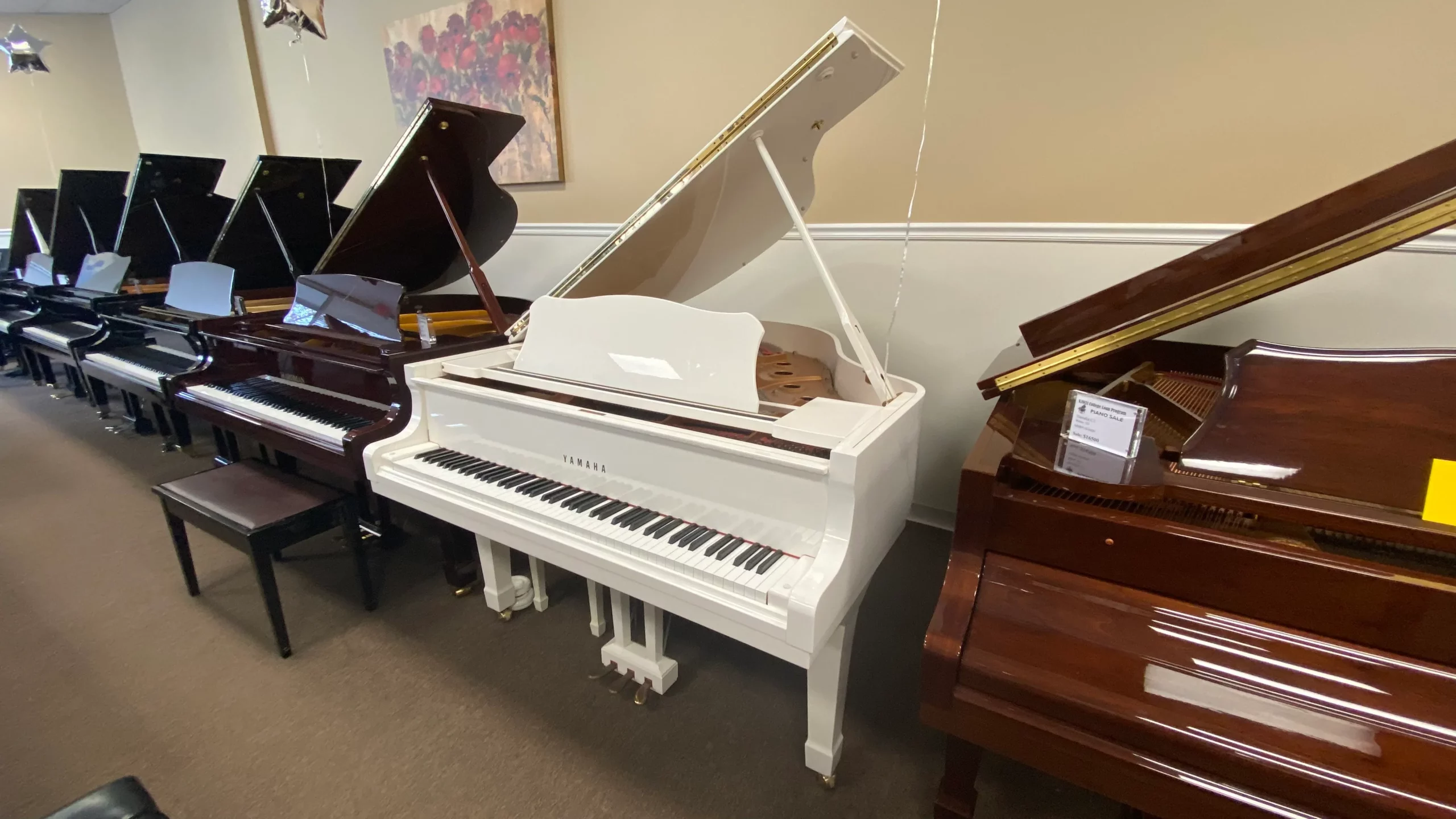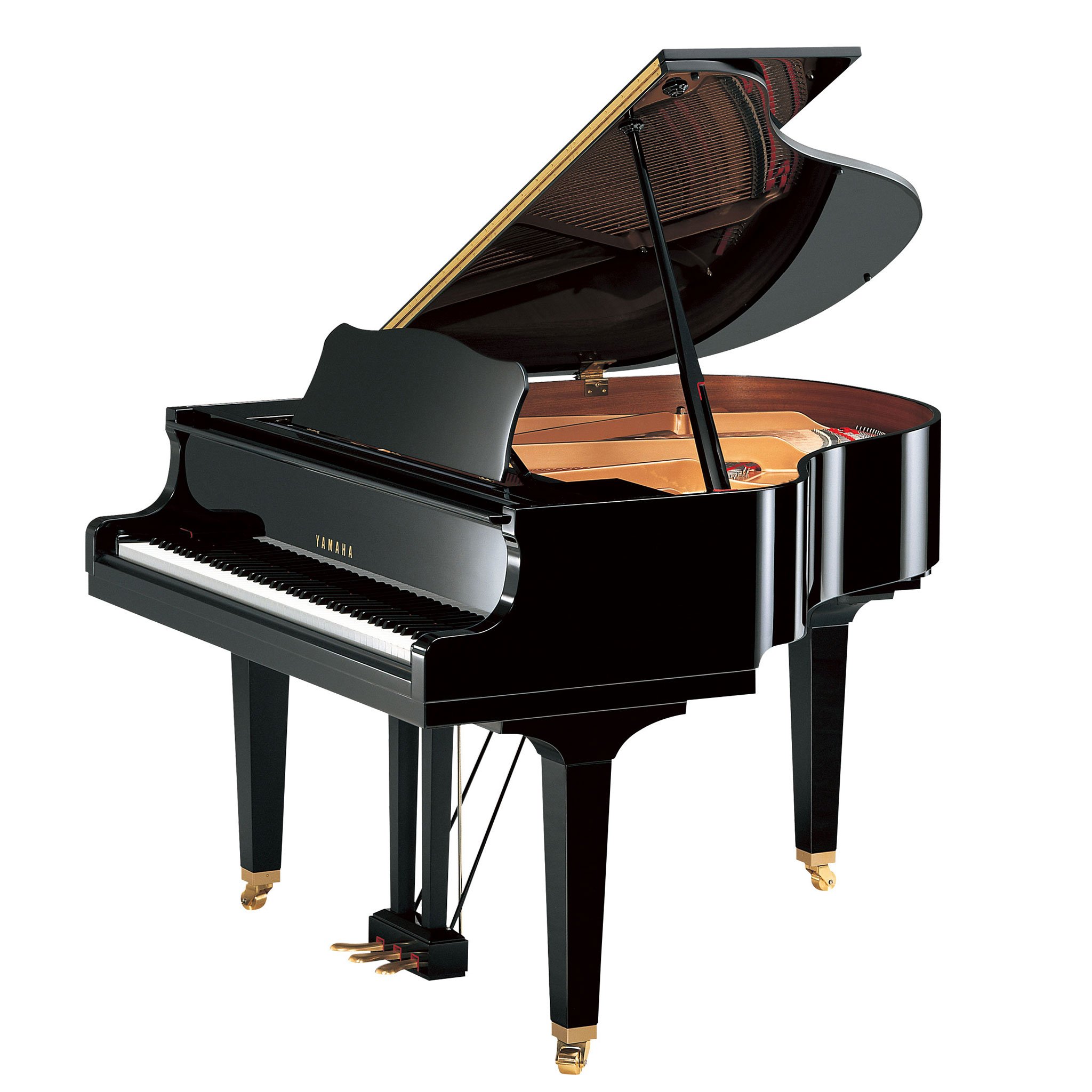How much do piano tuners make? It’s a question that many people, including myself, have wondered about. As someone who loves playing the piano and appreciates its beautiful sound, I’ve always been curious about those who are responsible for maintaining its quality. And let me tell you, the answer might just surprise you!
In this article, we’ll dive into the world of piano tuning and discover how much these skilled individuals actually earn. You’ll learn about the factors that can affect a tuner’s salary, as well as their training and experience. So if you’ve ever dreamed of becoming a professional piano tuner or simply want to know more about this unique profession, keep reading! By the end of this article, you’ll have a better understanding of the lucrative and rewarding career path of piano tuning. Let’s get started!
So, how much do piano tuners make?
The amount that a piano tuner makes can vary greatly depending on several factors such as location, experience, and the demand for their services. On average, a piano tuner can make anywhere from $40 to $100 per hour. However, this number can be higher in areas with a high cost of living or if the piano tuner has built up a strong reputation and client base.
It’s important to note that becoming a successful and well-paid piano tuner takes time and dedication. It requires not only technical skills but also excellent customer service and marketing abilities.
Additionally, some piano tuners may choose to work independently while others may work for music stores or repair shops which could affect their salary as well.
Overall, being a professional piano tuner can be both financially rewarding and personally fulfilling for those who have a passion for music and enjoy working with their hands.
Understanding the Role of a Piano Tuner
Have you ever wondered about the magic behind a beautifully played piano concert, resounding with flawless sound and harmony? Well, much of that credit goes to the unheralded artist, quietly laboring backstage – the piano tuner. Their skill is pivotal in ensuring every key on a piano plays true to its intended note. They are essentially like a meticulous jeweler aligning diamonds in a lavish necklace or an expert clockmaker calibrating gears on an antique timepiece.
Part of their role involves understanding the temperament (the specific tuning system) used for tuning pianos. There’s no one-size-fits-all here; it truly depends on factors like the type of music being played or even how humidity can affect your specific instrument! Furthermore:
- Their expertise extends beyond simply adjusting strings as they must navigate 230+ strings across 88 keys!
- They also maintain other parts such as hammers and dampers, which all contribute to sound production.
- Nuanced tasks include ‘voicing’, where they manipulate each hammer’s surface to create different tonal characteristics.
The work of a piano tuner requires patience and precision but imagine this: when you next hear Beethoven’s Moonlight Sonata or Chopin’s Nocturne floating through the air, remember that there was someone else who “played” first – tweaking those notes into perfect alignment before any musician took their seat at the ivory keys.
Diving Into the Salary of a Piano Tuner: An Overview
Piano tuners, silent virtuosos of the music world, play an indispensable role in keeping our musical experiences harmonious. A piano tuner’s job is not merely a task but an art form that requires substantial skill, precision and knowledge about the intricate mechanics of a piano. But how does this specialized skill translate into income? It turns out, quite favorably!
It’s important to note that the salary of a piano tuner can vary significantly depending on several factors such as geographical location, level of experience and whether they’re self-employed or work for an establishment. On average though,
- The beginning annual salary ranges from $29,000 – $36,000.
- A mid-career technician might expect between $37,000 – $50,000.
- An experienced specialist with years under their belt could rake in anywhere from $51,000 – $85,000!
Moreover,
it’s not just about raw numbers; there are other enticing aspects to consider when diving into the earnings of these melody guardians. For instance, flexible hours – most tuners set their own schedules which allows them to juggle multiple clients and tasks at once. This flexibility can greatly enhance earning potential.
Then there’s the added gratification they get from knowing every strumming chord and harmonic melody would be off-beat without their critical expertise—a kind of satisfaction that simply cannot be quantified by dollars alone! Thus while financial remuneration is certainly attractive in this profession; job fulfillment through nurturing beautiful soundscapes remains its heart and soul.
Read also: how much do piano tuners make
Factors That Influence How Much Piano Tuners Make
When you want to serenade your audience with the sweet symphony of a well-tuned piano, who do you turn to? That’s right! A talented piano tuner. These unsung heroes behind every harmonious melody have a pivotal role in music. But, what determines how much these maestros of harmony earn? Several factors influence their income in this nuanced profession.
The first aspect is definitely expertise and experience. Similar to any other job, the more seasoned a piano tuner is, the higher they can charge for their services. Gradually earning trust and building a reputation through years of meticulous work can significantly impact their earnings.
Next on our list is geographical location. Piano tuners operating in cities or regions known for their rich musical culture naturally tend to make more than those working elsewhere. The demand for tuning services surges where there are plenty of pianos.
- Type of clientèle
- Rarity of skills
- Educational background
: Catering primarily to renowned concert halls or famous musicians can also provide an income boost since these clients usually bear no qualms about paying premium prices.
: Some piano tuners are proficient at tuning rare antique pianos which require specialized knowledge – this leads them to command higher rates.
: Tuners who’ve received formal training from recognized institutions might also earn more due to perceived competence.
It must be understood that while these factors certainly influence how much piano tuners make, each individual’s journey differs based on many personal variables.
 how much do piano tuners make
how much do piano tuners make
Training and Experience: Their Impact on a Piano Tuner’s Earnings
When it comes to the earnings of a Piano Tuner, two major factors come into play – Training and Experience. Let’s start with training. Just like any profession, piano tuning requires specialized knowledge and skills that are usually acquired through formal education or apprenticeship programs. Being able to understand the complex structure of a piano, knowing how each part works together harmoniously, and having the technical know-how to correct pitch discrepancies are all essential abilities that can be honed through rigorous training. So generally speaking, if you’re thoroughly trained, you’ll likely command higher rates for your services.
Now let’s talk about experience. You may have heard the phrase ‘practice makes perfect’ at some point in your life; well this is particularly true for something as intricate as piano tuning! Each piano is unique in its own way; hence, every tuning task presents a new challenge, an opportunity for learning and growth.
- The more pianos you work on, the better equipped you become to handle different scenarios.
- Your expertise evolves which leads to increased efficiency.
- You build credibility among clients increasing demand for your services thus allowing you to charge premium prices.
In conclusion, both training and experience significantly influence a Piano Tuner’s earning potential. As they gain more knowledge over time from proper instruction & repeated hands-on practice their value (and income) in this niche market continues to rise steadily.
You may also like: yamaha products
Conclusion: Is Becoming a Piano Tuner Worth it?
In the final analysis, is it worth becoming a piano tuner? Much like any career choice, this decision hinges on personal interests, aptitude and passion. If you are musically inclined, have a keen sense of hearing and harbor an affection for pianos – this craft may be your calling. Piano tuning is not just about adjusting strings; rather it’s about understanding the soul of each individual instrument. The ability to breathe life back into an out-of-tune piano can bring immense satisfaction.
Just imagine, after finishing your work, stepping back and letting delicate notes flow from the freshly tuned instrument—you’ve made that music possible! Moreover, job prospects in this field are quite promising with many individuals and institutions owning pianos but lacking the skills necessary to keep them in tune.
- Potential clients include concert venues,
- Schools,
- Churches,
- Musicians, or even
- Average homeowners who own pianos.
At times you might find yourself working late hours to accommodate performances or dealing with temperamental artists but remember – every job has its quirks! So if you have patience for precision work and love music enough to make it sound beautiful one string at a time – then yes, becoming a piano tuner is definitely worth considering.

